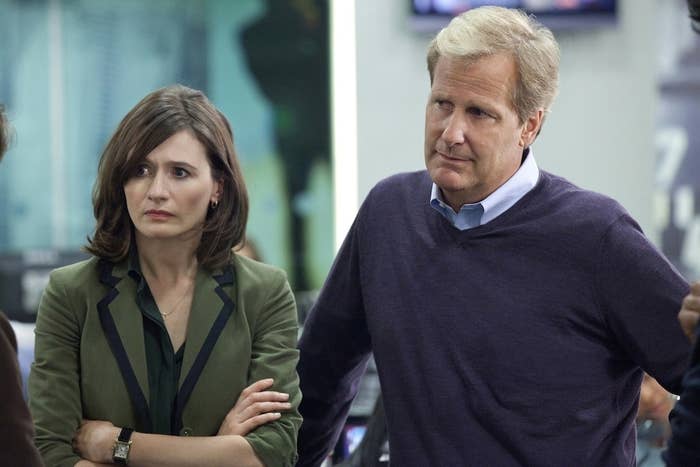
There was a time when we watched TV shows and movies because we liked them. But round about the dawn of Twitter, we wanted something else from our entertainment — namely, fodder to complain about all day and night. 2012 was the year hate-watching became our national pastime. Across the airwaves and in our multiplexes, it often seemed like people were tuning in just to find something to throw rotten eggs at. Across the landscape, we were out in force complaining about the sequels that let us down, about the cop shows that never turned over the bad guy, and the cable shows that railed away on soapboxes. America felt entertainment let them down this year, and they took to their Twitter accounts to let entertainment know it.
Here are the shows and films that inspired the highest volume of griping in 2012 and our thoughts about whether the complaints were deserved — or whether we were getting all worked up about nothing.
1. "The Newsroom"
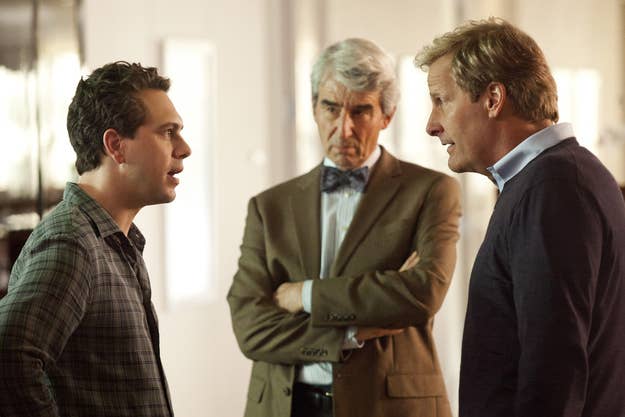
The Aaron Sorkin HBO drama was blasted by critics for being preachy, speechy, sexist, racist, anti-technology, implausible, and just flat-out annoying. Though I consider myself to be a Sorkin fan (West Wing, A Few Good Men, Sports Night, The Social Network — love them all), I felt those things too. Yet I couldn’t stop watching The Newsroom, and I looked forward to every episode. It entertained me. I grew to genuinely love Olivia Munn’s character, Sloan Sabbith, the brilliant business anchor who seems to be on the autism spectrum (as so many TV characters do these days). The rest of it — I have no real explanation for why I watched. I just wanted to see what would happen with the relentless plotting, and I liked hearing the actors talk even if I recoiled from what they were saying. I cried a few times too; I won’t tell you when, but one instance rhymes with “wosama kin plodden.” I think a lot of HBO viewers plain old liked it, cleaving from critics and hate-watchers; it drew an average of 7.1 million per week, according to HBO. The arguments around it, and the show itself, made 2012 more interesting. And I can’t wait for season two! —K.A.
2. "Prometheus"
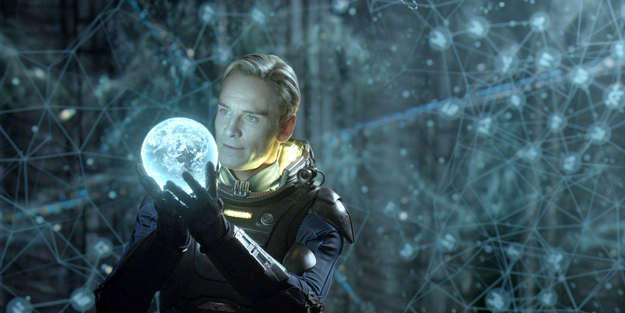
Bearing the burden of impossibly high expectations, Ridley Scott’s 30 years in the thinking follow-up to Alien was bound to disappoint. But whereas The Phantom Menace was such an obvious, glaring disaster that even its supporters went scrambling for cover, Prometheus dazzled them with just enough fancy effect work and just enough smoldering acting, and managed to keep the plot just barely this side of plausible that people left feeling like they had seen something. It was only later, upon examination, it began to dawn that the intricate plot contortions added up to more spinning wheels than coherent movement in any direction. And while Scott was busy crafting a world with the newest toolkit full of glossy effects wizardry, he forgot to add the things that made the original film work: suspense, tension, and thrills. For all its glitz, Prometheus is shockingly, stunningly boring — and that's something no one would have thought possible of an Alien film. Even Alien vs. Predator managed to be fun. The world waited 31 years for a new Ridley Scott Alien film. Six months after it arrived, it's like we’ve all forgotten it ever happened. —R.R.
3. NBC Olympic Coverage
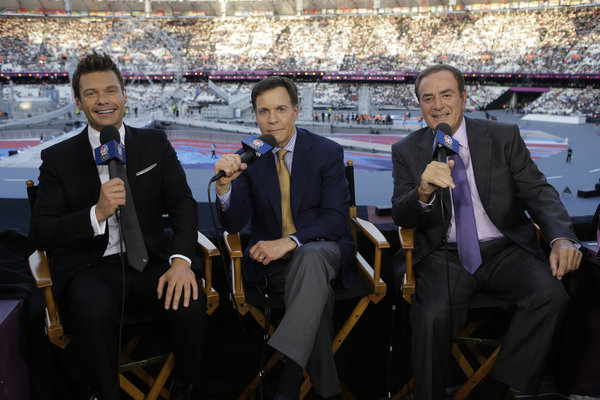
I have almost nothing to say about this topic because I was so bothered by the time-difference delays and trying to avoid “spoilers” for events I consider news that I stopped watching the Olympics after one day of attempted immersion. I’ve loved the Olympics my whole life. What’s most depressing is that the network has no incentive to change its approach, because the ratings were huge. Oh, and I also found the NBC Web options to suck. #NBCFail! Fail! —K.A.
4. "The Master"
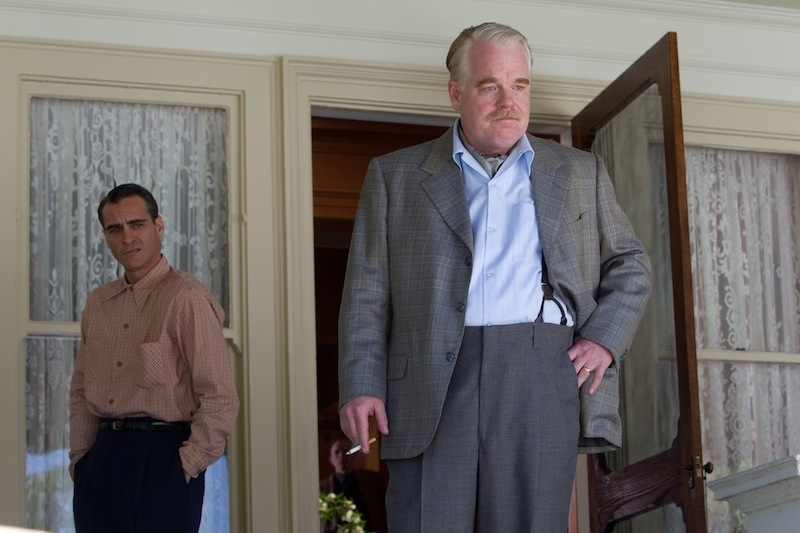
I’d like to advance the theory that anyone who says they enjoyed The Master — and there are plenty of them — is lying for his or her own nefarious agenda. I don’t know what those agendas are; someone give me a grant to study the possibilities! What a tonnage of boringness and poo this movie was. And don’t tell me the performances were good — because I don’t care! And only one of them was genuinely good, anyway (Philip Seymour Hoffman, that is: Joaquin Phoenix was a twitchy, mannered mess). For me to feel this way about anything having to do with Scientology — I love everything about Scientology. I would watch cats getting their E-meters read. (Actually, that sounds wonderful: Make it happen, Internet!) The Master. Grrr. —K.A.
5. "Smash"
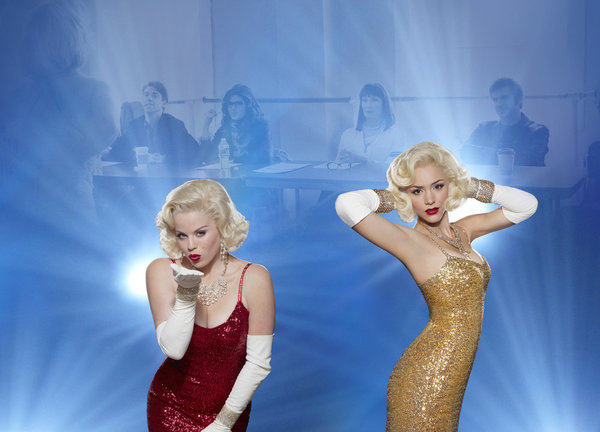
There was a time when NBC’s musical drama about the making of a stage musical seemed like it might actually be good. But then it became something much better than good — it became wonderfully, deliciously bad. Smash was bad in ways that no television show had ever dared. It was bad in scenes that seemed like something ripped out of a misguided high school production. The stereotypes went so large they broke through the roof and climbed up the side of the Empire State Building. There were delinquent teenagers yearning for the orphan sisters they would never know. Scheming assistants who poison stars’ smoothies. Farm girls with straw in their hair who dream in Bollywood production numbers. Out-of-control rock gods blowing their cash on Broadway musicals. The show had it all! And every few minutes, they break into song. While the fans watched, mouths agape, Smash quickly ceased being a mere hate-watch victim. To the amazed legions who stood behind it, there was no better spectacle on the air, and in the end, the fear wasn’t that NBC would ruin the show, but that they might make it better. —R.R.
6. "The Killing"
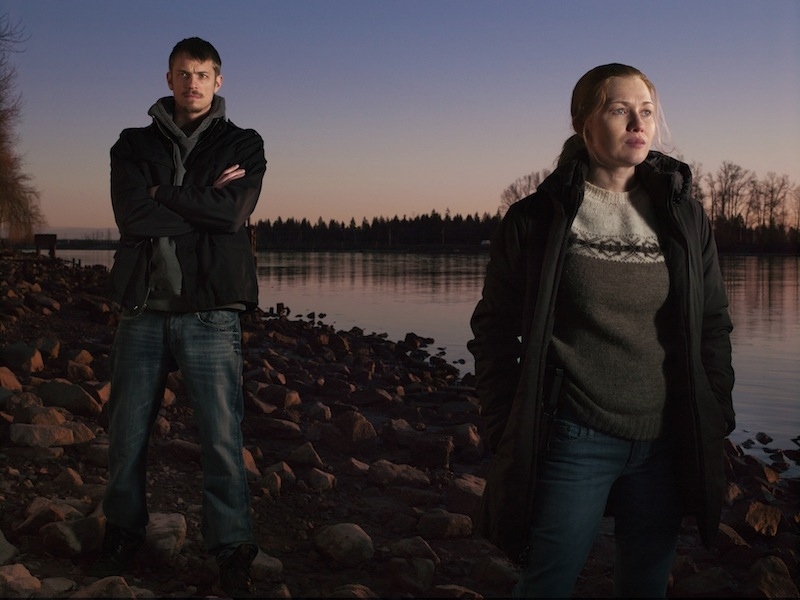
After infuriating fans last year in its first-season finale by adding one too many switcheroos following an entire season of them, the show's season two was down quite a bit in the ratings this year. This was no surprise: Its audience-jerking, the subsequent fan revolt, and the season-one media stumblings of Veena Sud, The Killing’s executive producer and showrunner, practically became a meme for how a TV show can instantly alienate viewers on the social Web. AMC, logically, canceled it. Now it seems like it’s going to return — with Sud. The reasoning appears to be a mystery Detective Sarah Linden should investigate in season three. —K.A.
7. "The Avengers" vs. "Dark Knight"
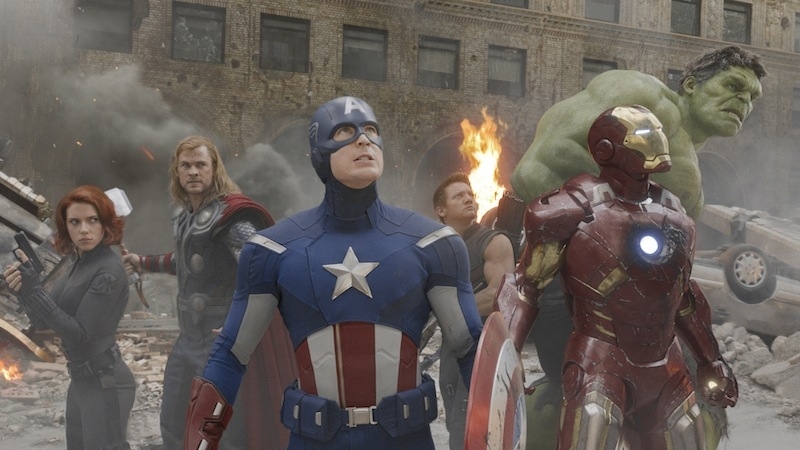
If you are a fan of superhero films, this was the big debate that has been brewing for years, and it finally came to a head with the release of the summer’s two biggest films. Should superhero films be dark metaphors for the fallen state of mankind, or whimsical romps fighting circus-like bad guys? If you are a fan of Christopher Nolan’s Dark Knight trilogy, then Joss Whedon’s The Avengers is a ridiculously glib trifle, lacking any substance, or even thrills, beyond the airiest of amusements — a barely coherent collection of computer-generated effects peppered with a few wisecracks in between. If you are an Avengers fan, Nolan’s Dark Knight films are exercises in pretentious self-indulgence, treating the story of a man in a rodent costume by punching it out with supervillains as though it were a Kabbalistic text. The truth was somewhere in the middle; the final installment of the Nolan cycle went lighter on the big ideas than previous episodes, and The Avengers was clearly more than just a little fun to the millions of moviegoers who flocked to it. However, if you are asking which film people will be revisiting 20 years hence — the sheer cinematic achievement of Dark Knight is that Christopher Nolan was able to make something so personal and so intelligent on such a massive scale, and that so uncompromising a vision actually won over audiences — is going to go down in cinematic history as a singular event. —R.R.
8. "The Good Wife"
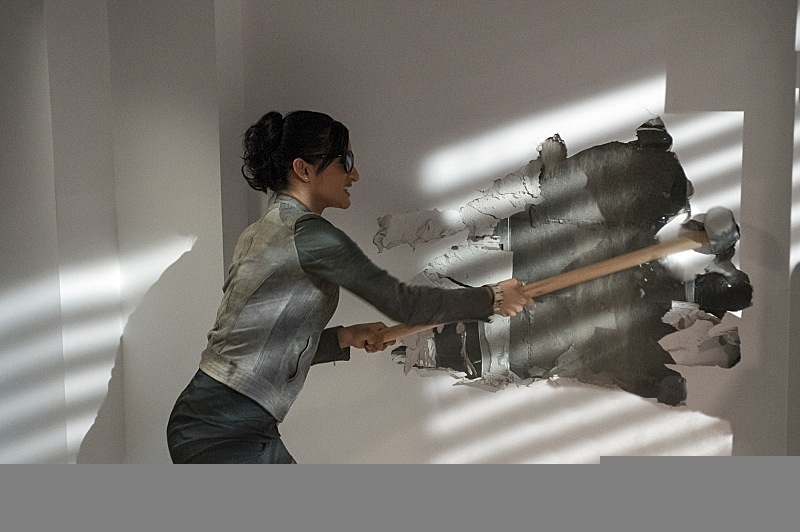
People may have been up in arms, but the fourth season of The Good Wife has been its best yet. I’ve just loved it. EXCEPT FOR THE KALINDA STORYLINE. Thank God it’s over. —K.A.
9. "Mad Men"
View this video on YouTube
Mad Men's fifth season was when the backlash finally kicked in. The criticism of this season is that as the ‘70s approach, the show has gotten weirder, and not in a good way. Though I didn’t agree with that myself, I was interested in the debates about it. And I loved reading dissent about two specific season-five developments: 1) general hatred of Megan Draper (Jessica Paré), and 2) specific fury about the episode entitled “The Other Woman,” in which Joan (Christina Hendricks) prostitutes herself in order to become a partner at the agency. The second controversy was dissected quite a bit on Twitter; and here are two incisive critical pieces about the selling of Joan, one by James Poniewozik of Time and another by NPR’s Linda Holmes. The anti-Megan arguments vary: She slept with Don when he was dating her opposite, Faye Miller (Cara Buono); the character’s existence has pulled Don’s, and therefore the show’s, focus away from threads the audience likes better; she sang a song in the middle of a party. I valued seeing Don yearn for her approval, and I’ve never seen a character like Megan — confident, sexual, effortlessly smart, yet frustrated and worried she’s good only at things she doesn’t want to do — on TV before. Go Megan. —K.A.
10. "Twilight"
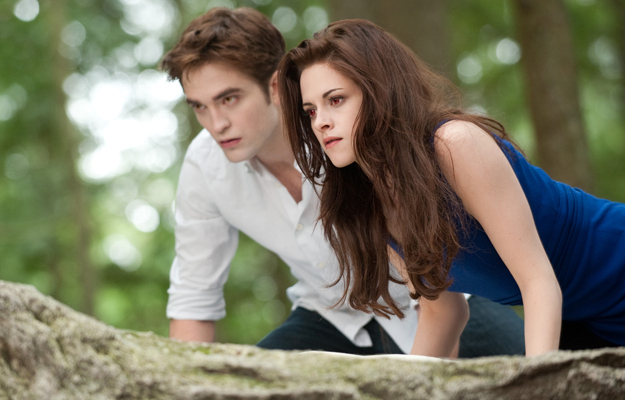
For America's critical establishment, 2012 is the year in which they are going to have to say good-bye to their favorite whipping child, the Twilight series. Since the first film debuted, scoffing at this, silly girls, and their preposterous thrills has been a cottage industry for our critics.
It’s worth asking, however, what middle-aged male film critics think they are watching when they view a Twilight film. But it's even more worth considering who they think they are speaking to when they throw tantrums about the films’ failings in their eyes. For teenage girls to get a major-event film series of their own after generations of being expected to tag along to their boyfriends’ favorites is a cause for enormous celebration. And critics who don’t see the charm might well ask themselves whether the series calling out to something deep in the teenage female’s psyche represents the line beyond which a critic’s powers have no meaning. But instead, for Twilight film after Twilight film, the critical establishment has staged mass freak-outs, demanding that the half-witted poppets who fall for such drivel evacuate the multiplexes immediately. All well and good for a critic to take a stand against a film, but that they so rarely feel the need to smack down the teenage boys who take in an endless stream of far more vapid action fare shows that Twilight’s wolf whistle did, in fact, tap something in the psyche of our critical establishment — and that they didn’t like it one bit. —R.R.



